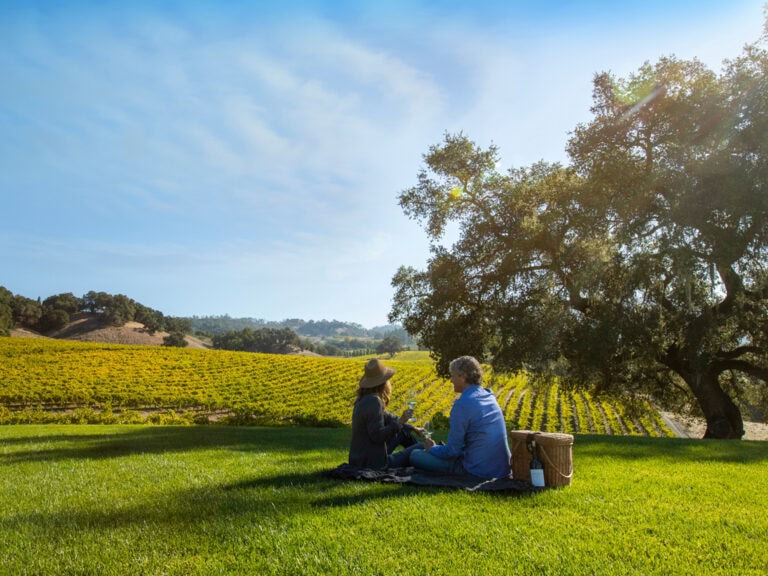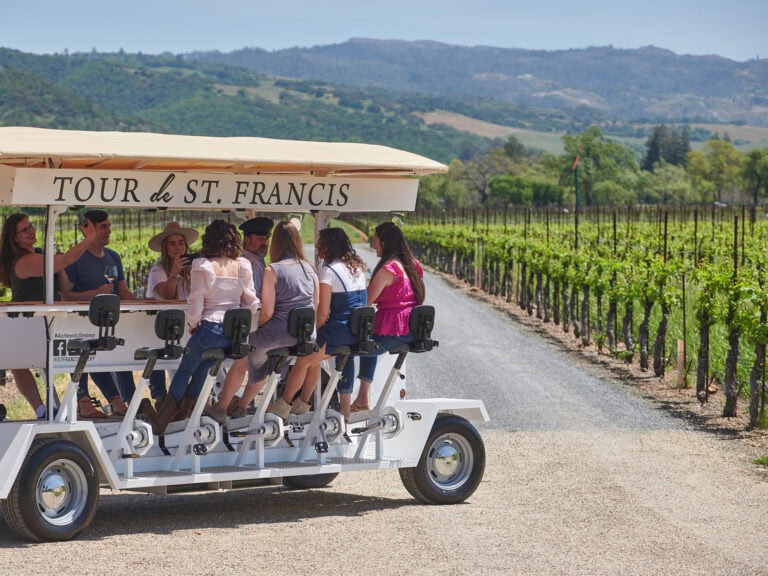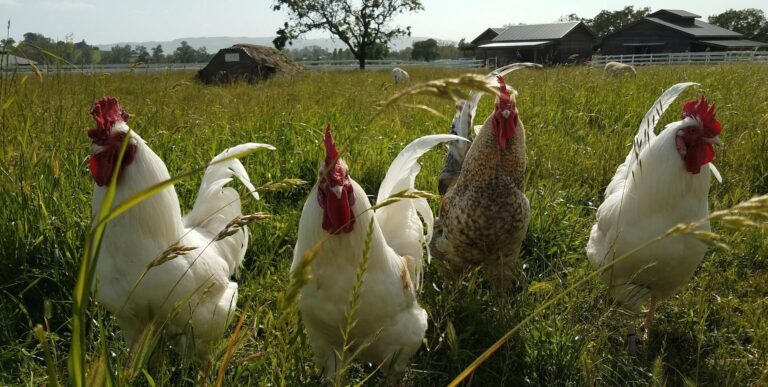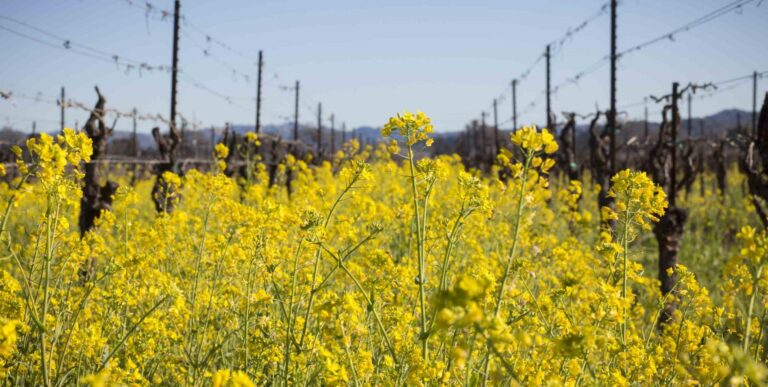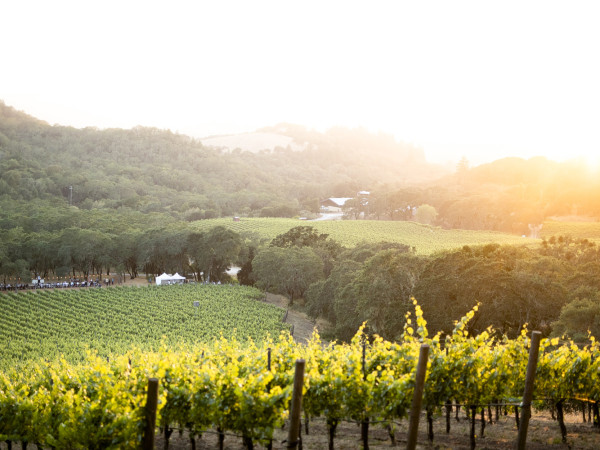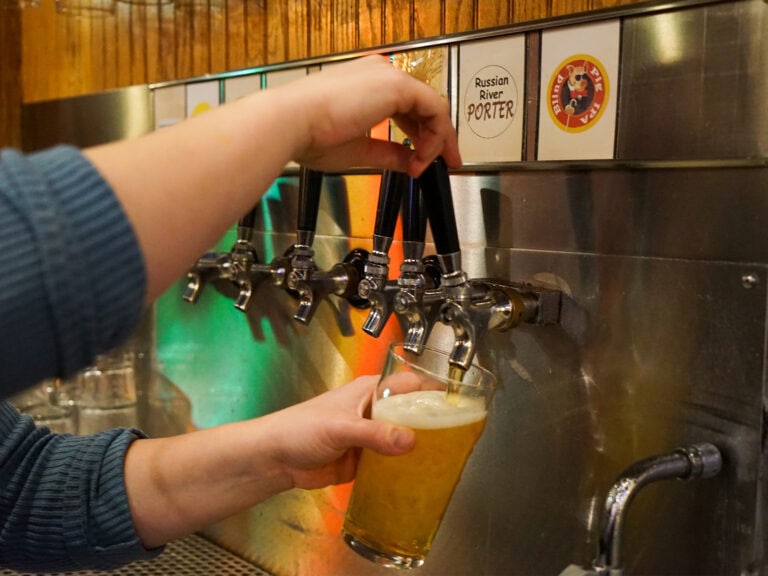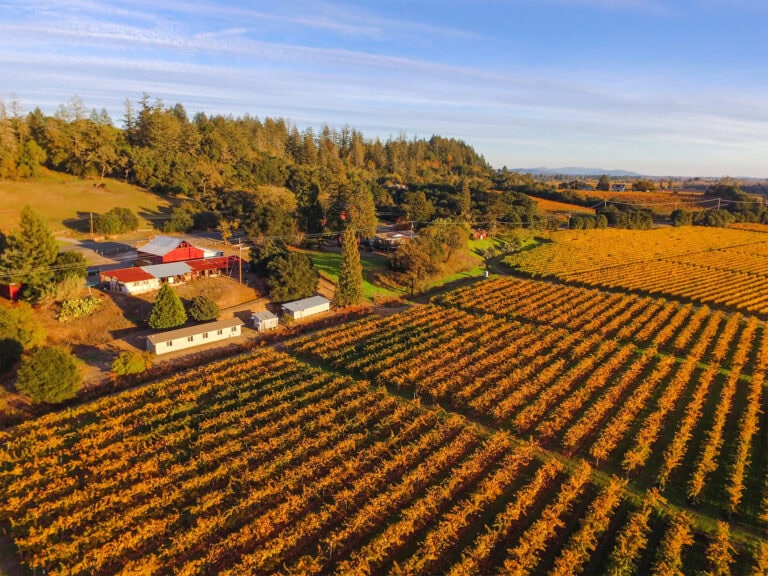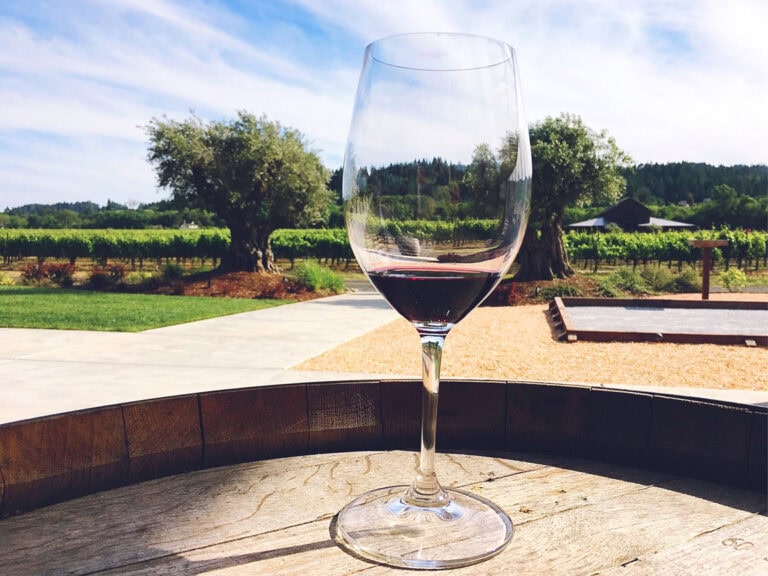Spotlight on Regenerative Farming in Sonoma County
Sonoma County has always been at the forefront of efforts to farm more sustainably and organically and to find more environmentally friendly ways of doing things. It’s one of the most (certifiably) sustainable wine regions in the world and was among the first regions in the country to focus on organic farming and to prominently feature organic meats and produce on menus (before it was cool). So it shouldn’t be surprising that regenerative farming has been practiced for decades by environmentally conscious farmers in Sonoma County. But the term “regenerative farming” has only recently started to be recognized and to garner more interest from the media and general public.
So, what is regenerative farming? How does it differ from sustainable or organic farming? How do consumers know what to look for when searching out businesses that adhere to regenerative practices? And which businesses in Sonoma County are leading the charge or have already paved the way?
What is Regenerative Farming
Regenerative farming is a way of farming that focuses on the continued improvement of soil health and combating and/or adapting to the effects of climate change. The focus of regenerative farms is on increased biodiversity, the sequestration or preservation of water reserves, building resilience to drought, and helping farmers adapt to a changing climate. It’s a more holistic approach than sustainable farming in that it goes beyond the maintenance of the soil and is more deeply focused on a response to the changing climate in a variety of specific ways.
Why is soil health so important?
Soil health is vital to the success of any agricultural system because it’s the foundation of plant life. Healthy soil contains a complex web of different organisms that interact to create an environment that’s ideal for plants to thrive. When this balance is disturbed, it can lead to problems like pests and disease, nutrient depletion, and water pollution.
Regenerative agriculture aims to restore this balance by using practices that mimic natural ecosystems.
Common regenerative farming practices include the following:
Planting Cover Crops
Planting cover crops (such as clover, fava beans and alfalfa, to name a few) is one of the best ways to improve soil health. Cover crops add nutrients to the soil, help reduce erosion, increase organic matter, and improve water infiltration.
No-Till Farming
No-till farming helps improve soil health by reducing erosion and increasing organic matter.
Crop Rotation
Crop rotation is a regenerative practice that involves growing different types of crops in the same field in rotation. This can help reduce soil erosion, enhance biodiversity, and help the soil retain its nutrients and become more fertile.
Composting
Composting reduces food waste and utilizes animal manure to help promote healthier soil and plant growth. It also contributes to a reduction in greenhouse gas emissions.
Regenerative Farming Certifications
There is a new certification (Regenerative Organic Certified™) process in place thanks to the Regenerative Organic Alliance, a 501c nonprofit, which has been working since 2017 toward this goal. This certification (ROC) is for farms that “meet the highest standards in the world for soil health, animal welfare, and farmworker fairness.” The ROC’s stated mission is to “heal a broken system, repair a damaged planet, and empower farmers and eaters to create a better future through regenerative organic farming.” But the certification extends beyond farming practices to include the humane treatment of animals, fair treatment of workers, and ethical, environmentally friendly business practices. As a starting point, a business must be USDA Certified Organic before obtaining ROC.
As this is a new certification and has such rigorous and expansive standards and requirements, it will take some time for businesses (even those already practicing regenerative farming) to achieve the certification.
Sonoma County Regenerative Farms
The below businesses are just a handful of the farms in Sonoma County that adhere to regenerative farming practices. These businesses and business owners are environmentally, ecologically, and community-focused and are leading the way toward a better and healthier future for farmland and farming practices in Sonoma County.
Beltane Ranch
Recognized as an Agricultural Preserve, Beltane Ranch is committed to regenerative agriculture. The sixth-generation family-run estate farms grapes and olives and utilizes ranch-wide composting, rotational grazing, and free range poultry as pest control and fertilizer. The ranch has also created pollinator habitats to help manage honey production and designated a stewarded space on the land with grazing suppression of fire fuels. Overnight guests at the ranch can get up close and personal with the estate’s regenerative practices by taking a jeep tour through the vineyards, visiting the grazing sheep, and dining on fresh eggs from the ranch’s free-range chickens.
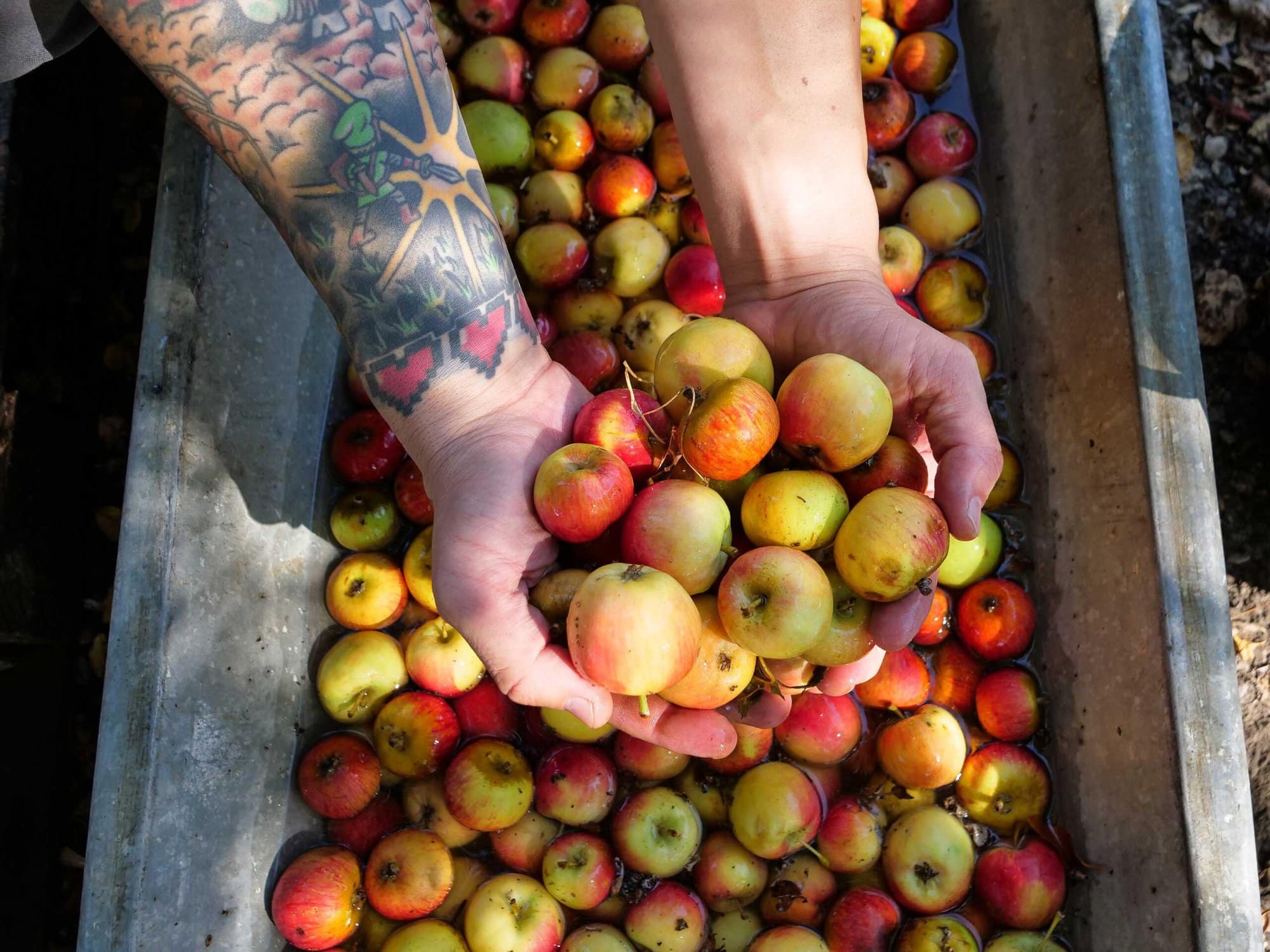
Ethic Cider
Ethic Cider, a Sonoma County cider brand started by Ned and Michelle Lawton, uses regenerative farming practices to “uplift the health of living systems, and thus the vibrancy of flavors that they express.” They incorporate practices that both heal the land and increase the quality of produce grown on their organic heirloom apple orchard in Sebastopol.
Ethic Cider is also funded by the Natural Resources Conservation Service (NRCS) to engage in a multi-year effort to reduce carbon emissions through a set of farming practices implemented on the property. These activities include cover cropping, mulching, hedgerow planting, reduced tillage and adding a yearly compost application.
When Ethic does purchase apples from other local Sonoma County growers, the establishment chooses to purchase from other farmers with similarly ethical farming practices.
*Ethic Cider was the first apple farm to be deemed “Carbon Farm Certified” by the NRCS in California.
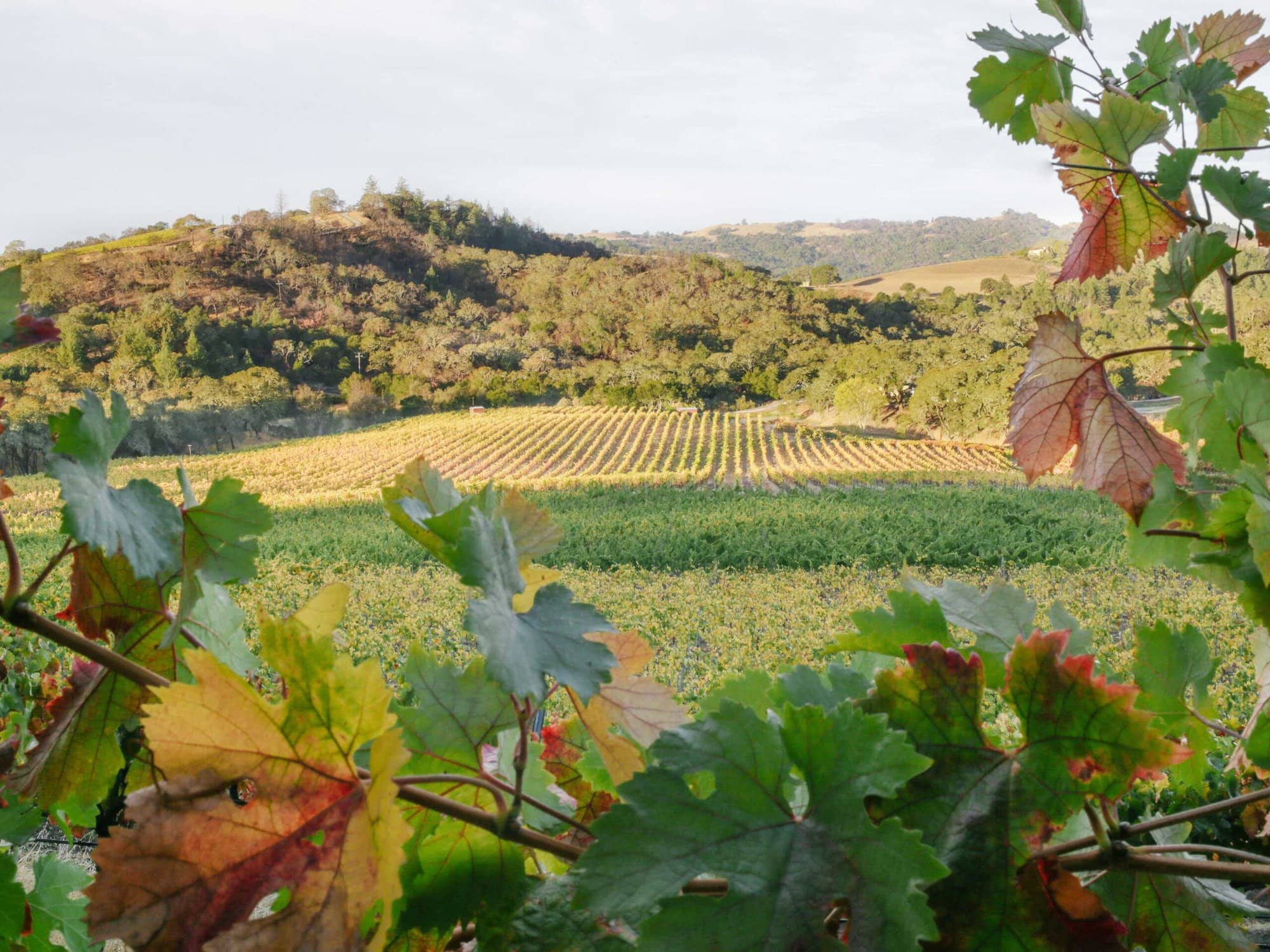
Medlock Ames Winery at Bell Mountain Ranch
Medlock Ames’ commitment to changing practices that reflect the changing needs of our current climate and environmental reality is so important to co-founder Ames Morison that’s he’s developed a road map to the winery’s next decade called the “Six Pillars of Sustainability.” The six pillars lay out the winery’s goals as well as the winery’s commitment to reaching those goals and specific details on how to do it (see the Medlock Ames website for the full descriptions).
They include:
1. Eliminating Medlock Ames’ carbon footprint by 2026.
2. Enhancing its biodiversity for greater land productivity.
3. Reducing water dependency.
4. Creating a fire resilient ecosystem.
5. Nurturing an including work environment.
6. Deepening its engagement with the community.
Radio Coteau Vineyard and Ranch
Farmer and winemaker Eric Sussman strives to be a good land steward by embracing regenerative agriculture practices at Radio Coteau’s 42-acre estate vineyard and ranch in Occidental. Going beyond the vine, Radio Coteau embraces “a diverse agrarian platform, utilizing both organic and biodynamic farming practices to build the health of the soil and the surrounding ecosystem.”
To contribute to biodiversity, Radio Coteau focuses on planting a variety of native plants and fruit trees. The farm also has vegetable gardens that supply food for staff and sometimes local businesses. Wildlife structures such as owl boxes and raptor perches serve to control the gopher population, bat and bluebird boxes help reduce insect outbreaks, and native bee boxes help pollinate all types of plants. The vineyard also employs cover cropping, pollinator and hedgerow planting, and habitat restoration efforts.
Radio Coteau’s estate vineyard and farm have been Demeter Certified Biodynamic since 2018.
THIS IS WINE COUNTRY.
Share your experience using #SonomaCounty or #LifeOpensUp
